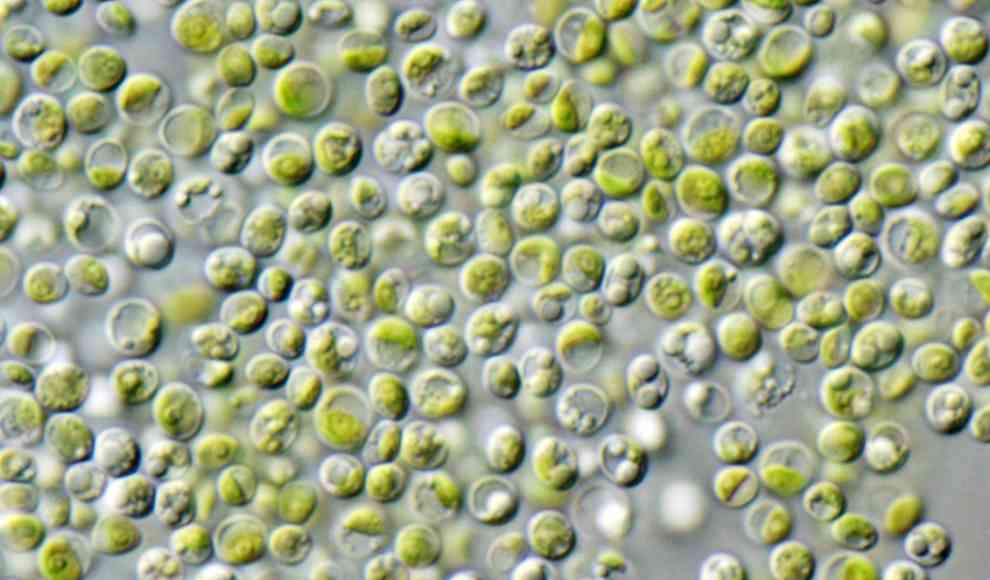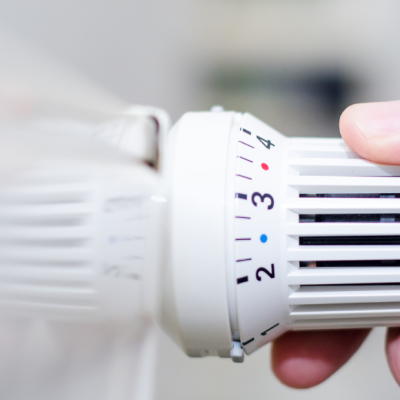In a groundbreaking discovery, researchers from the University of Bristol and the Polytechnic University of Harbin have developed a new method for producing hydrogen using modified Chlorella algae. The process involves compressing the algae in sugar droplets, which causes them to concentrate in the center where there is a lack of oxygen. This triggers the production of hydrogen through a modified photosynthesis process, where the algae split water and take in its oxygen to compensate for the lack of oxygen in the center. The hydrogen produced is a byproduct of this process.
Hydrogen has the potential to revolutionize mobile energy supply in the future, but the current method of producing it through electrolysis has a relatively low efficiency rate. The researchers’ new method shows promising results for photobiological hydrogen production under aerobic conditions. The team used a thin layer of aerobic bacteria in the droplets to increase the number of algae cells and improve hydrogen production. The method is also flexible and can be used to produce other products, such as ethanol.
According to Xin Huang, the method is simple and scalable without affecting the viability of living cells. While the project is still in its early stages, the researchers believe that it has the potential to improve the efficiency of hydrogen production and contribute to a more sustainable future. This new discovery could pave the way for a cleaner and more efficient energy source, making it a significant breakthrough in the field of renewable energy.










